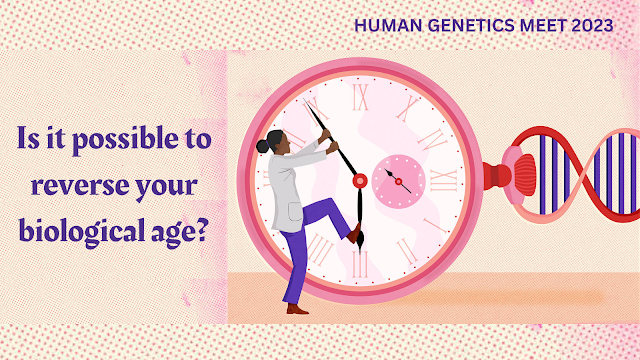Can cancer-related RNA modification machinery abnormalities are both hereditary and epigenetic?
In mammals, tissue-specific
gene
expression patterns must be maintained and properly developed through the
use of epigenetic processes.
Cancer was once thought
to be a solely hereditary disease, however dysregulated genetic and epigenetic
processes are now recognized to play a role in the cancer phenotype. More
recently, it has been discovered that chemical alterations of RNA molecules, or
the so-called epitranscriptome, control a number of RNA function and
homeostasis-related processes. Depositing, deleting, and reading chemical
alterations from RNA are carried out by certain enzymes called RNA-modifying
proteins (RMPs). The crucial function of RNA changes in controlling a variety
of biological pathways has recently been made clear by extensive research in
the epitranscriptomic field and significant technical advancements. The fact
that RNA modification machinery is frequently altered in human malignancies, as
shown by mounting data, emphasises the immense potential of RMPs as pharmaceutical
targets or diagnostic indicators.
.png)
.png)
.png)

Comments
Post a Comment